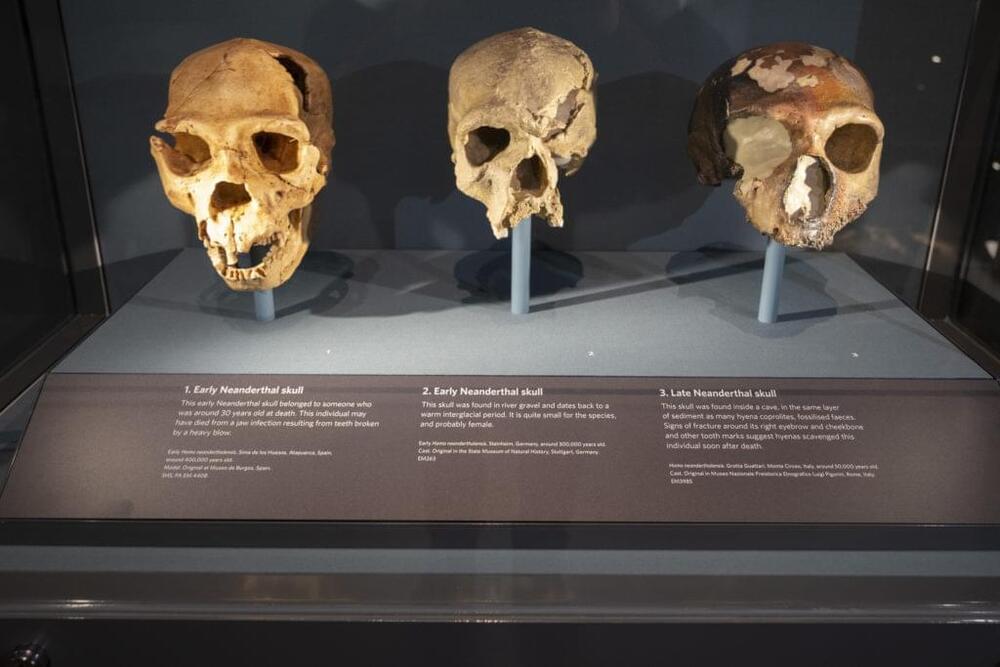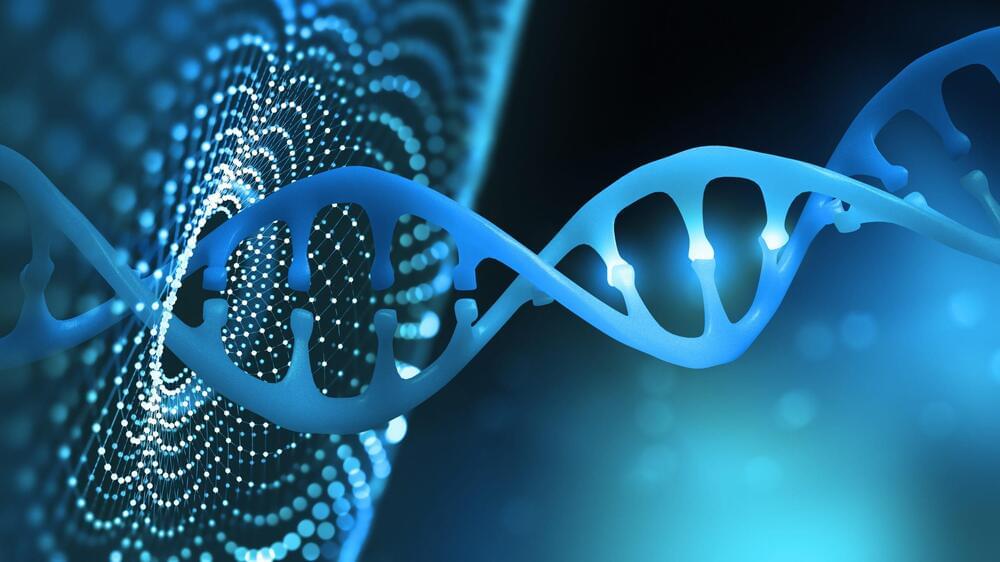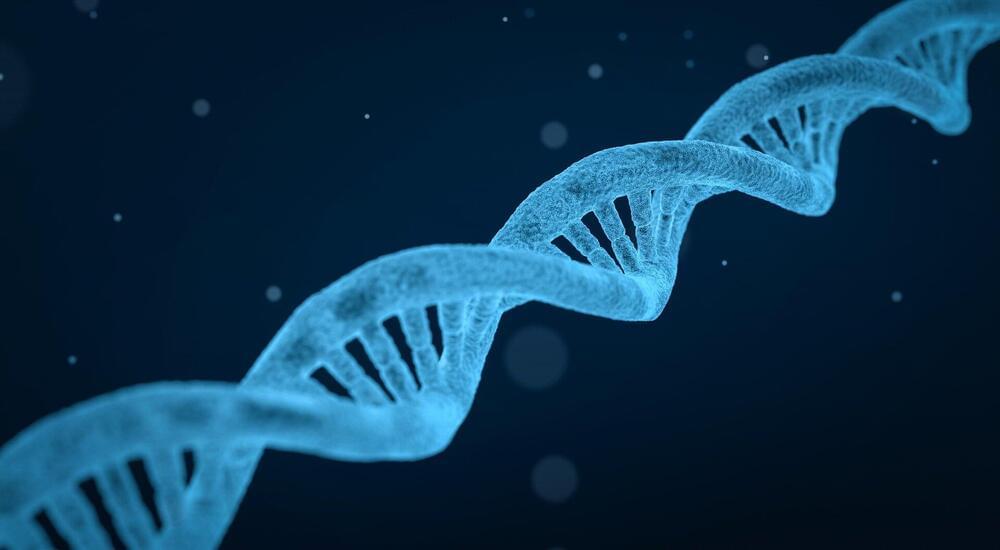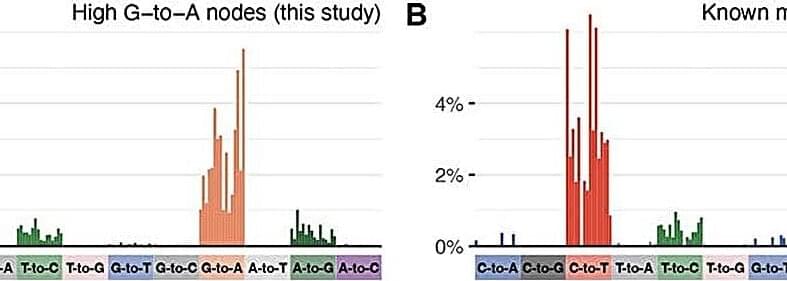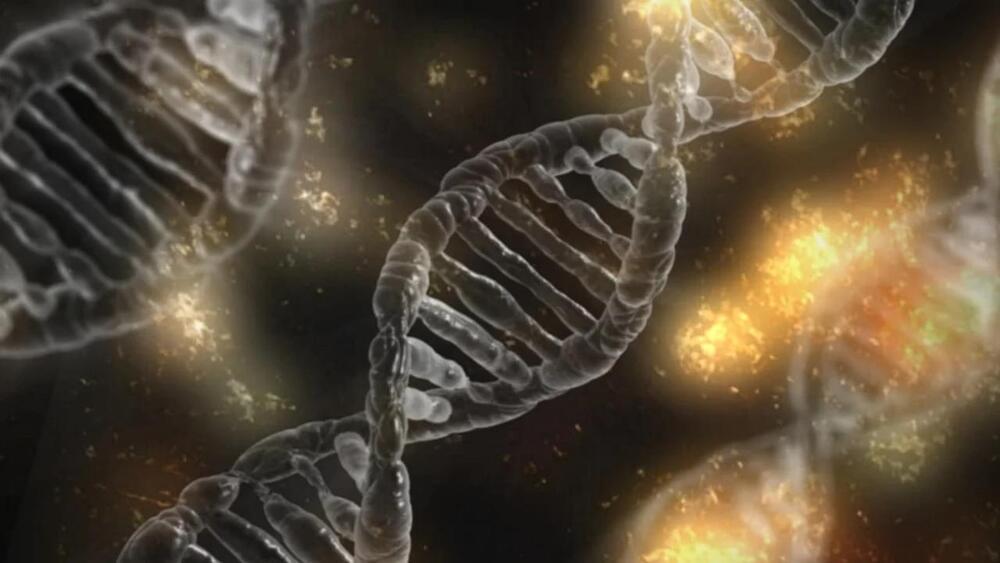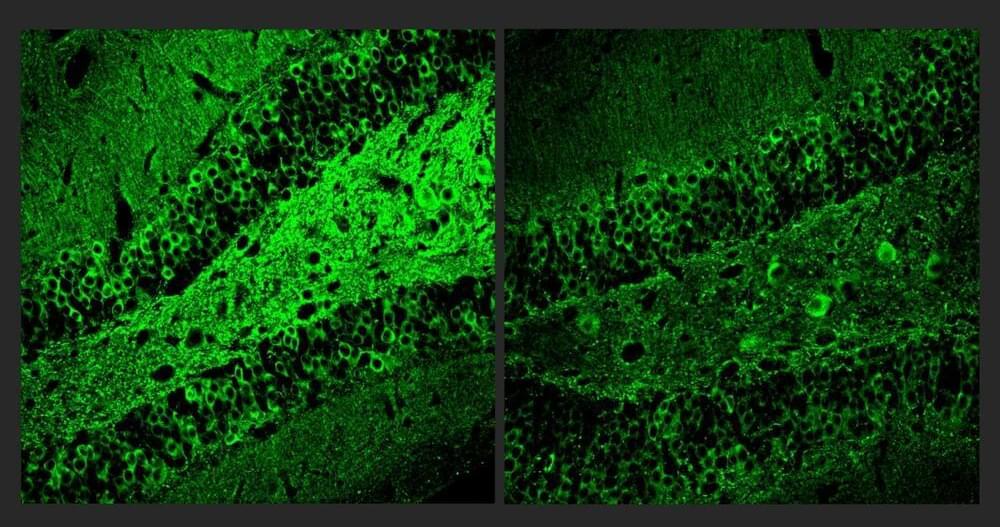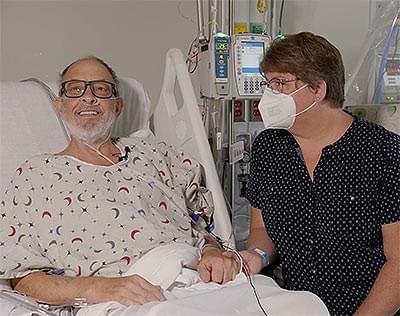There are many therapies that target cancer. The most well-known is chemotherapy, which is a toxic chemical that is directed at a tumor to kill the cells. This is currently the standard of care for most types of cancer. However, as science advances, less toxic and more direct therapies are discovered. The most recently discovered therapy is known as ‘immunotherapy’, which redirects the immune system to kill the tumor. There are many successful treatments with immunotherapy among different types of cancers, including melanoma and lung cancer. Unfortunately, immunotherapy is limited in many solid tumors due to the immunosuppressive tumor microenvironment (TME). The TME is a pro-tumor environment that the cancer has made by releasing specific proteins that allow it to progress. In this environment the tumor can remain undetected from the immune system and progress throughout the body. Different immune cells in the TME become polarized and alter their functions to help the tumor proliferate and grow. It is now becoming more common to pair therapies together including immunotherapy with chemotherapy. Scientists are still trying to find ways to improve treatment and completely eradicate the tumor.
In San Francisco, California, a group of scientists, led by Dr. Alex Marson, are working to modify gene expression to reprogram or change immune cells in the TME to attack cancer. There has been some success, but this immunotherapy does not help treat all patients. In addition, the screening process to determine genetic changes to determine which cells would result in the greatest treatment efficacy is a long, arduous process. A group at the Gladstone Institutes has worked with Marson at University of California San Francisco (UCSF) to develop a strategy that helps pair different genetic combinations in a faster amount of time to determine the most beneficial treatment outcomes. This screening technique is called Pooled Knockin Screening (ModPoKI). ModPoKI finds the best genetic modifications to express in immune cells that will have prolonged anti-tumor efficacy.
The study that demonstrated ModPoKI was published recently in Cell, which demonstrates our ability to now understand how to combine genetic programs. ModPoKI combines genes into long lines of DNA to generate roughly 10,000 combinations to match with a genetically engineered immune cell known as a T cells are major immune cells that primarily target foreign antigens, like cancer cells, and kill them. Once the optimal gene modification is found, it is put into the engineered immune cells that are polarized to kill cancer. After further investigation, the combinations made by ModPoKI resulted in the most polarized anti-tumor T cells.

